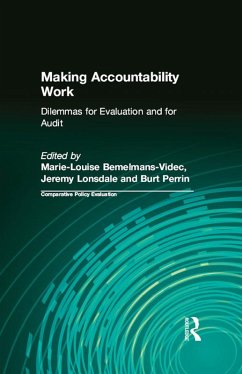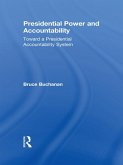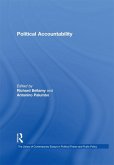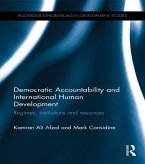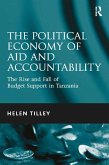Like honesty and clean water, ""accountability"" is invariably seen as a good thing. Conversely, the absence of accountability is associated with most of the greatest abuses in human history. Accountability is thus closely linked with the exercise of power and the legitimacy of policies and those pursuing them. This book looks at the role of evaluation and of audit as key elements in democratic accountability processes. The contributors explore the apparent paradox of there being more accountability-related activities today than ever before, at the same time as much public debate laments what is seen as a lack of actual accountability. Such a situation raises a number of questions: Is there a need for different approaches to establishing accountability or can current arrangements be modified to make them more effective? Are present practices part of the problem and are they preventing a mature debate about performance improvement taking place? How can systems awash with performance information ensure that at least some of it makes sense to a wide range of potential users? How is it that greater accountability and transparency can so quickly have become associated with concerns about perverse incentives and be seen by some as a costly burden? The volume includes detailed case studies and synthesizes up-to-date research evidence drawn from very different governmental systems, ending with practical advice for those involved in the accountability processes. In doing so, it attempts to address both conceptual ambiguities about the notion of ""accountability"" and the practical uncertainties over its implications for democratic government. This book is aimed at serious people who think about trends in the use of evaluation and audit in seeking to hold governments accountable for their actions and performance.
Dieser Download kann aus rechtlichen Gründen nur mit Rechnungsadresse in A, B, BG, CY, CZ, D, DK, EW, E, FIN, F, GR, HR, H, IRL, I, LT, L, LR, M, NL, PL, P, R, S, SLO, SK ausgeliefert werden.

